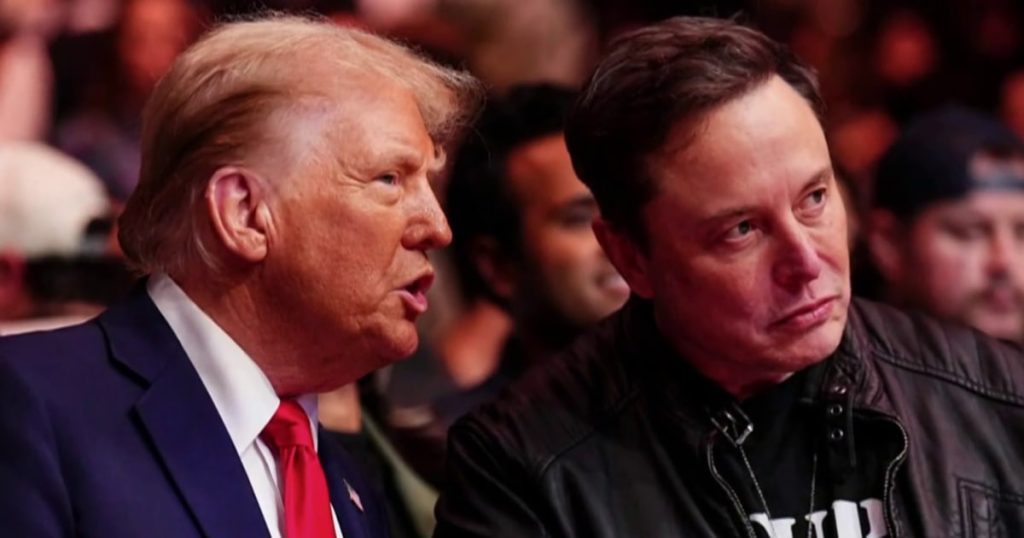Introduction: The Intersection of Politics and Society in Modern America
In recent months, the United States has witnessed a series of events that highlight the intricate dance between political leadership, legal challenges, and societal reactions. Central to these developments are figures like Elon Musk and President Trump, whose actions have sparked significant legal and social responses. From judicial interventions to community protests, these events underscore the dynamic nature of American democracy and governance. This summary delves into these key themes, exploring their implications and the broader context they inhabit.
Judicial Interventions: Checks on Executive Power
The judiciary has emerged as a crucial check on executive power, particularly in matters involving Elon Musk and President Trump. Judges have blocked attempts to slash federal spending and access personal data at the Treasury, illustrating the courts’ role in upholding legal boundaries. These rulings demonstrate how the judicial system acts as a safeguard against potential overreach, ensuring that executive actions align with the law. Legal challenges to initiatives like the federal employee buyout program further reveal the ongoing tension between executive authority and judicial oversight, emphasizing the importance of constitutional checks and balances.
Community Reactions: Protests and Social Issues
Beyond the legal sphere, communities across the U.S. are voicing their opinions through protests and demonstrations. In one notable incident, residents near Cincinnati confronted demonstrators displaying Nazi flags, reflecting the heightened tensions over extremist symbols. Additionally, the pause in gender-affirming care at a Los Angeles children’s hospital sparked protests, highlighting the contentious nature of healthcare policies, especially concerning transgender rights. These events highlight how societal issues can quickly escalate into public demonstrations, underscoring the need for inclusive and respectful dialogue in addressing such sensitive topics.
Media Portrayal: The Image of Influence
Media continues to play a pivotal role in shaping public perception of political and business leaders. A recent Time magazine cover featuring Elon Musk at the Resolute desk symbolizes his perceived influence on national affairs. This image not only captures his prominence but also invites scrutiny of the boundaries between corporate and political power. The portrayal of Musk and Trump in media serves as a reflection of their impact on contemporary discourse, emphasizing the blurred lines between business and governance.
Policy Changes and International Relations
The landscape of policy changes under the current administration is vast and varied. From the dismantling of USAID to the imposition of sanctions on the International Criminal Court, these decisions have far-reaching implications both domestically and internationally. President Trump’s assurances regarding U.S. troop involvement in Gaza and Guatemala’s agreement to accept migrants illustrate the administration’s approach to global affairs. These policies, while aimed at specific goals, also face legal challenges, as seen in the temporary block of a federal employee buyout program, indicating the complex interplay of domestic politics and international relations.
Conclusion: The Role of Checks and Balances
The ongoing interplay between executive actions, judicial interventions, and societal reactions underscores the vital role of checks and balances in American governance. As President Trump and figures like Elon Musk navigate the complexities of policy implementation, legal challenges serve as a reminder of the system’s safeguards. The courts’ ability to block certain initiatives demonstrates the enduring strength of constitutional principles, while public protests highlight the vibrant yet sometimes contentious nature of public engagement. As the nation moves forward, these dynamics remind us of the importance of a vigilant judiciary, an engaged citizenry, and the enduring resilience of democratic institutions.
